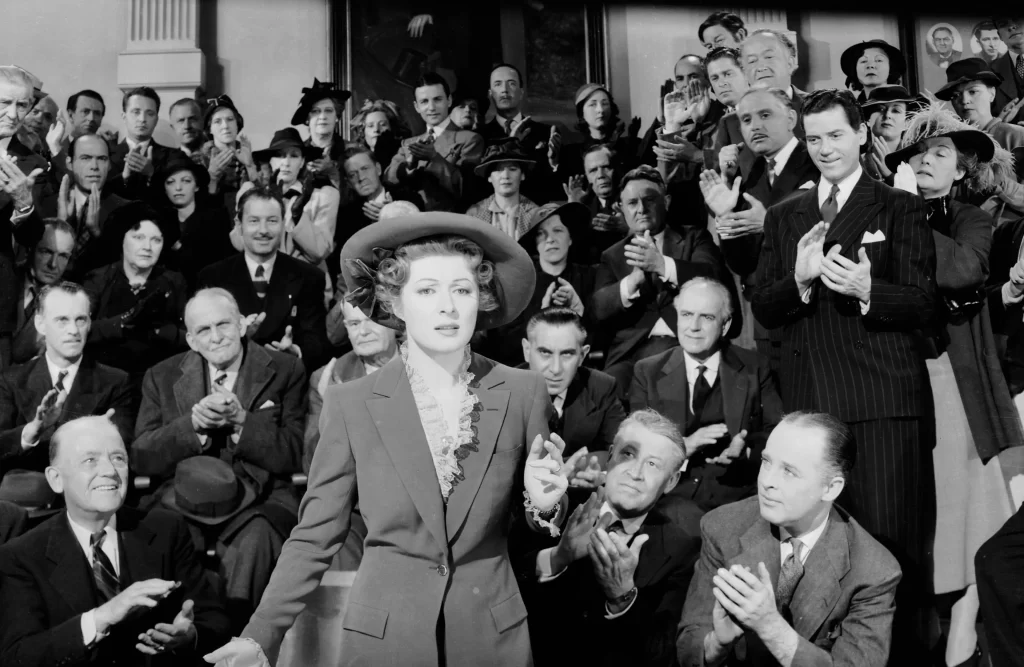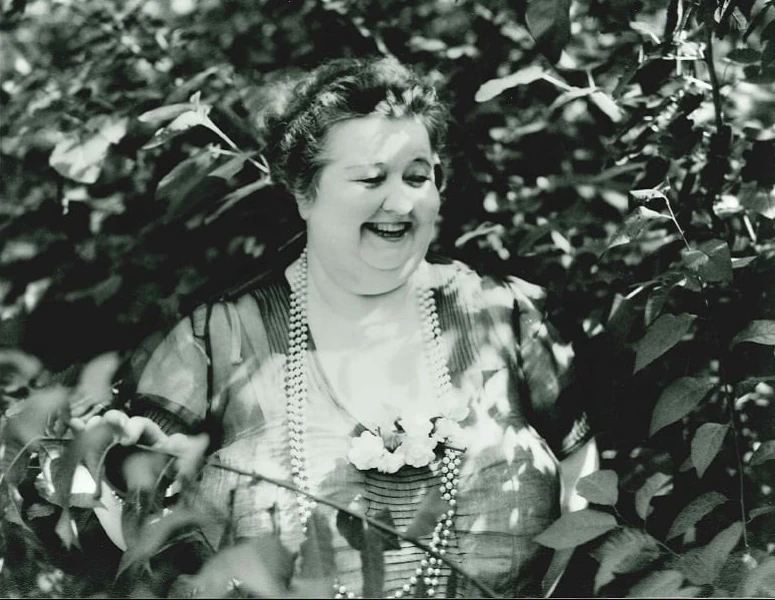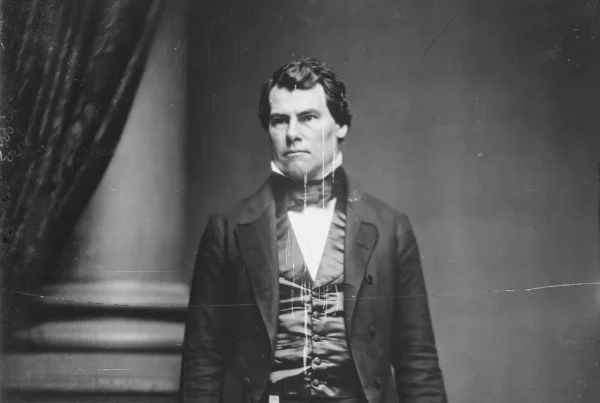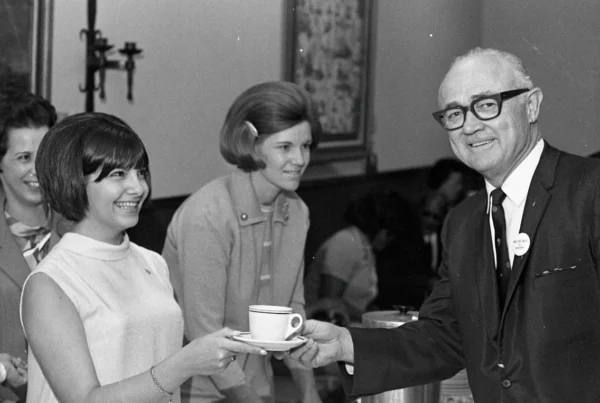Edna Gladney was a Texas social reformer whose work reshaped state adoption law and helped eliminate legal stigmas surrounding children born out of wedlock. As superintendent of the Texas Children’s Home and Aid Society in Fort Worth for more than three decades, she transformed not only the institutional care of children but also public policy itself—most notably through her successful campaign to remove the word “illegitimate” from Texas birth certificates. Her career was significant in the evolution of child welfare reform in Texas.
Early Life and Entry into Social Work
Born in 1886 in Milwaukee, Wisconsin, Edna Browning Jones moved to Texas as a young woman and married Sam Gladney, a successful flour mill owner in Sherman. While childless herself, Gladney became deeply invested in the well-being of children in her community. In the 1910s, she began volunteering with the Sherman Civic League, where she led campaigns to shut down local saloons and clean up neglected neighborhoods. This early reform work—focused on public morality and sanitation—eventually turned toward institutional child welfare.
Her pivotal moment came in 1910, when she took in an abandoned infant. This act of compassion catalyzed her commitment to child advocacy and led her to volunteer with—and eventually direct for 33 years—the Texas Children’s Home and Aid Society. By 1927, Gladney had moved the organization to Fort Worth and began institutionalizing reforms that would change the trajectory of child placement and adoption in Texas.
Reforming Adoption Policy in Texas
At the time Gladney began her work, adoption in Texas was both legally underdeveloped and socially stigmatized. Children born to unmarried parents were often denied legal rights and labeled “illegitimate” on their official documents. Birth certificates explicitly marked this status, embedding legal and social discrimination into the permanent records of thousands of children. Gladney believed that no child should suffer legal disadvantage for the circumstances of their birth and worked tirelessly to remove these barriers to equality.
Through her leadership at the Texas Children’s Home and Aid Society, she instituted professionalized adoption screening, counseling, and recordkeeping—introducing safeguards for both children and adoptive parents. These practices helped normalize adoption at a time when secrecy and stigma often defined the process. Gladney emphasized the importance of placing children in carefully vetted, stable homes and pioneered the idea that adoptive families could be equivalent to, or even preferable to, biological ones in providing nurturing care.
Her insistence on the dignity and potential of every child challenged prevailing norms in both the legal system and society at large. By framing adoption as a matter of opportunity and responsibility rather than shame, she redefined the narrative and helped build momentum for legislative change.
Legislative Impact and Public Recognition
Gladney’s most significant legal victory came in 1936, when she successfully lobbied the Texas Legislature to eliminate the term “illegitimate” from state birth records. This reform—one of the earliest of its kind in the United States—was enacted as an amendment to the state’s vital statistics laws and fundamentally altered how adopted children were classified. The new law allowed for amended birth certificates that listed only the names of adoptive parents, effectively erasing the legal distinction between adopted and biological children.

This landmark policy change marked a turning point in Texas adoption law history and became a model for other states. By redefining the legal identity of adopted children, the amendment removed a persistent source of stigma and gave them full rights and social recognition. Gladney’s role in drafting and advocating for this legislation was instrumental, and she continued to monitor its implementation to ensure that no child carried a lifelong mark of parental status on their state-issued documents.
In 1941, her story reached a national audience through the release of Blossoms in the Dust, a film starring Greer Garson as Edna Gladney. Though dramatized, the film highlighted her legal advocacy and brought wider attention to her work. The publicity reinforced her status as a national leader in child welfare reform and helped elevate public understanding of the issues surrounding adoption, legitimacy, and children’s legal rights.
Gladney’s influence extended beyond a single statute. She helped shape broader legal reforms related to confidentiality in adoption records and the rights of adoptive parents, often working in cooperation with legislators, attorneys, and social service professionals. Her testimony before legislative committees carried significant weight, grounded in decades of institutional experience and an unrelenting moral and practical clarity.
Legacy in Child Welfare and State Law
By the time of her death in 1961, Edna Gladney had overseen the placement of more than 10,000 children through the Texas Children’s Home and Aid Society, which was later renamed in her honor. The institution she built became a central player in Texas child welfare policy and set standards for private adoption agencies nationwide. It continues today as the Gladney Center for Adoption, a licensed agency with an international reach.
Gladney’s reforms foreshadowed the modern child welfare system, which emphasizes permanency, confidentiality, and the best interests of the child—principles that are now embedded in both Texas statutes and family court practice.
While Texas law has continued to evolve—particularly in areas such as open adoption, access to original birth certificates, and foster care—many of the foundational legal protections for adopted children can be traced to the groundwork laid by Edna Gladney.



